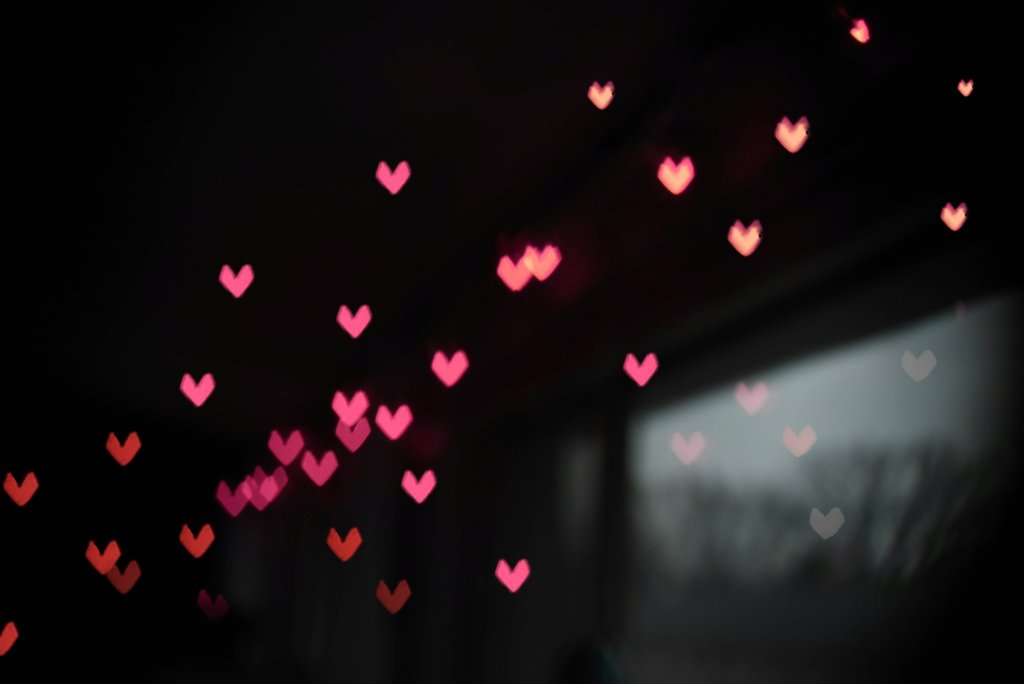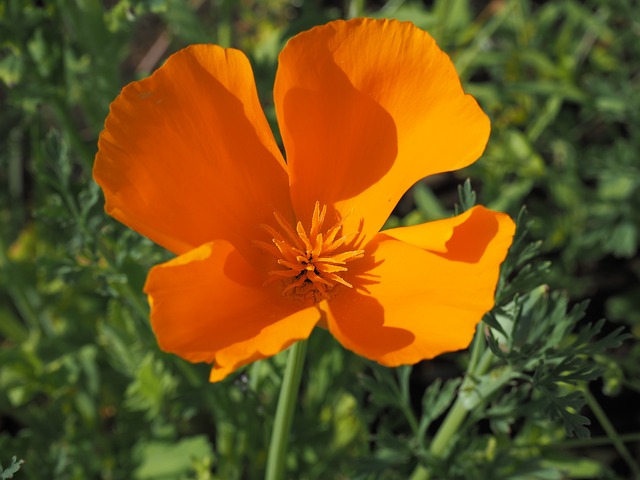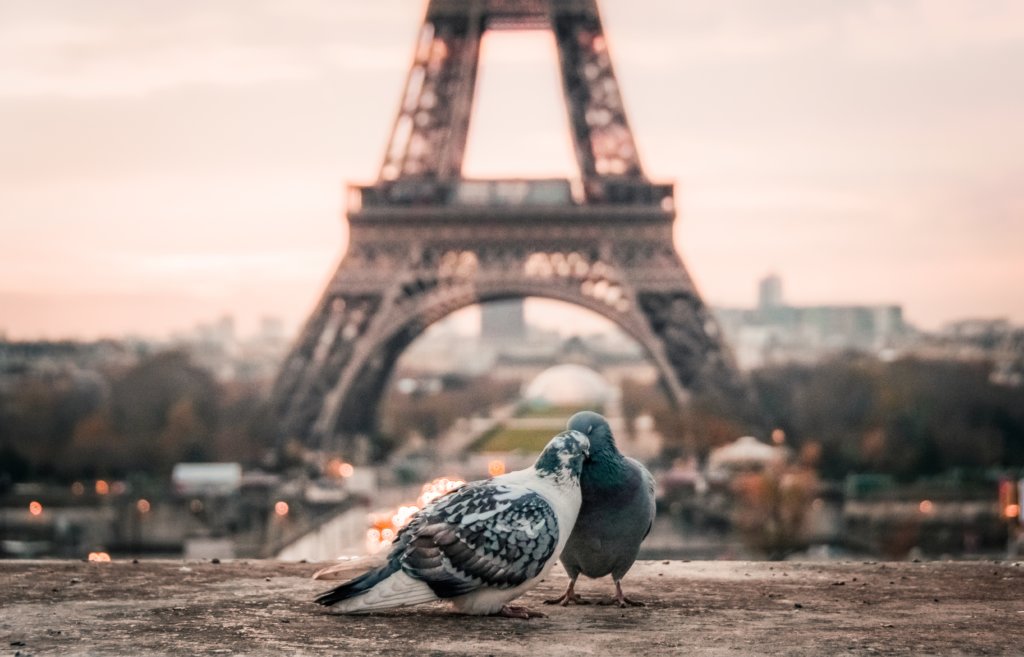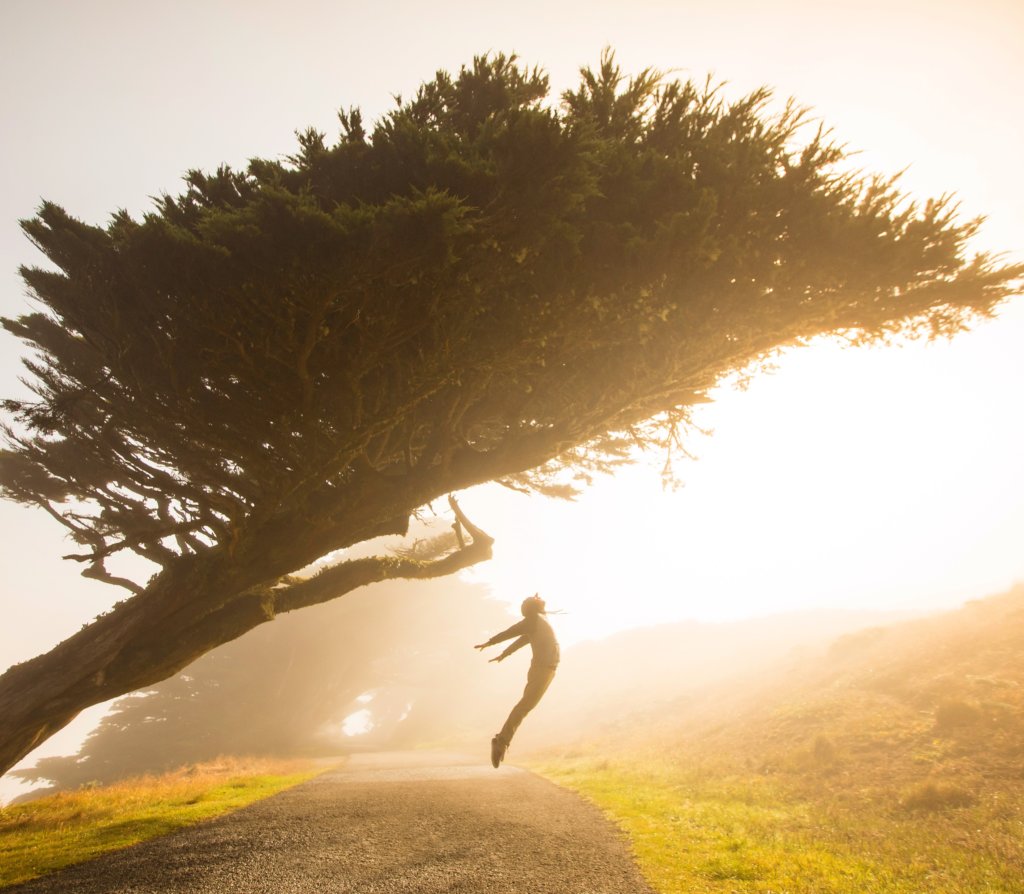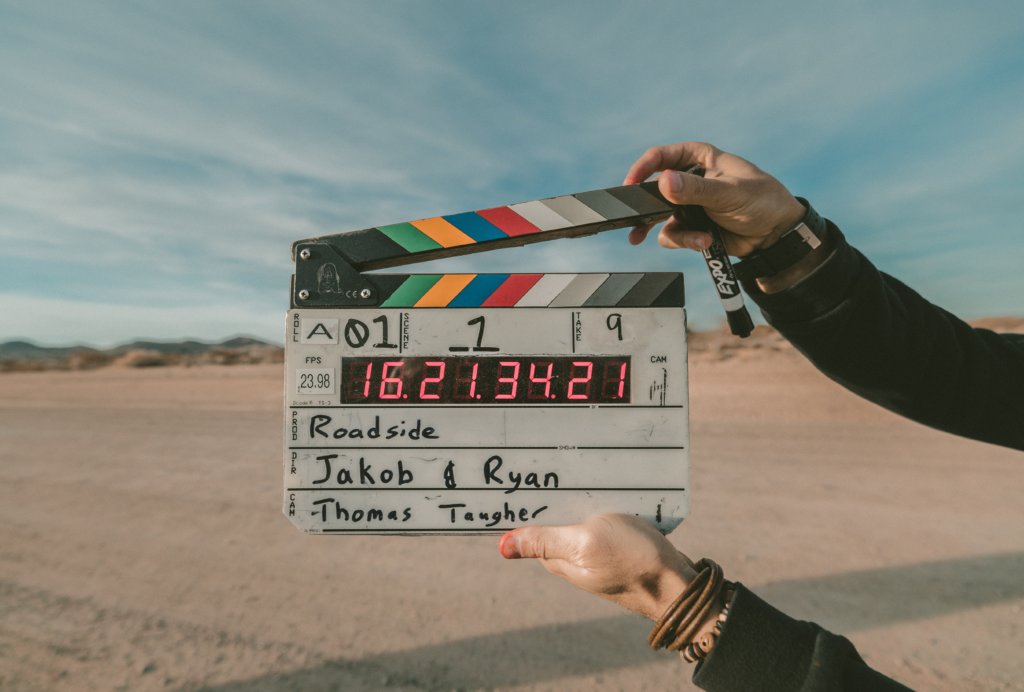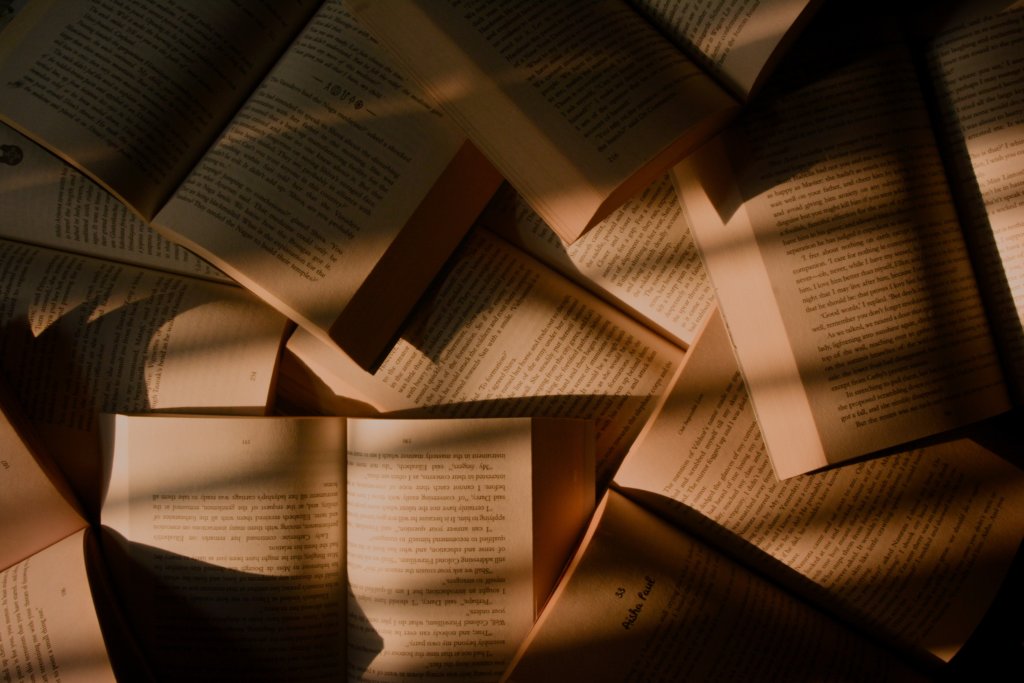On Saturday, I cried while sitting in my bathtub reading a fictional book set during World War II. The characters are imaginary, but the circumstances are not. I cried thinking about the atrocities that my own grandparents endured, and I cried thinking about the atrocities people continue to endure. Even now, children sit in jails, unwashed, covered in lice. Thank goodness a lawsuit is underway, but still. Why do we do this to each other?
According to my spiritual philosophy, people reincarnate. And not only do they reincarnate, they evolve. Evolve from what? They start from the simplest organism and get progressively more complex until finally reaching human form. What that means on a practical level is some people are only one step removed from animals. Some people are still guided by their baser instincts and unable to access higher levels of their consciousness. Before someone sends me an email and says many animals behave better than some human beings, I will say, yes, you are correct. Many animals, especially domesticated ones, shows high levels of compassion and love. Wild animals though? Not as common.
It would be easy to say some human beings just aren’t as evolved and leave it at that, but human beings are complicated. It’s not only about evolution, but also about what propensities, or vrttis, we choose to engage with. Some people derive pleasure from cruelty and hatred. In New Age circles, people liken this to operating from the lower chakras, or energy centers. However, in my spiritual tradition, that’s a little too simplistic. Almost every chakra point has positives and negatives. For instance, the throat chakra is associated not only with sweet expression, but vitriolic expression as well. We all have the capacity for both good and evil within us.
Why am I bringing this up? I’m suggesting the importance of holding on to our empathy. We’ve all seen movies where the tortured become the torturers. Where victims become perpetrators. I’m not suggesting good and moral people of the world just “be nice” to neo-Nazis and their ilk and hope the ensuing treatment will change their minds. I’m not a pacifist by any means. I firmly believe in the use of force when necessary. However, I also think it’s important to not fuel hatred within ourselves. To remember we are all human beings, worthy and deserving of love and respect. For instance, even prisons should be like a reform school, according to my spiritual teacher. And the person in charge should be a teacher who is trained in psychology and who has genuine love for society.
Why does he say this? I don’t know for sure, but I’m guessing it’s because merely turning one group of people after another into inferior beings merely perpetuates the abuse cycle. There’s that famous poem from Martin Niemöller about how first they came for the socialists and he did not speak out because he was not a socialist, and then eventually they came for him and there was no one left to speak for him. Not only does he suggest speaking up for others, but he demonstrates how hatred travels from group to group.
What I’d like to see is a world where we halt hatred in its tracks. A world where we remember all human beings, regardless of their race, nationality, gender, sexual orientation, etc., are human beings. A world where we treat each person as a sibling, a member of our universal family. A world where we take corrective action, but we do it with love in our hearts. A world where we sow love among hate.
Another world is not only possible, it’s probable.
I am depleted today so I’m recycling this post from June 2016.
I have to admit, I’m disheartened by the state of the world. I’m not feeling optimistic in the face of the bigotry, sexism, and xenophobia that seem to be crawling all over the place like beetles darting out from an overturned log. Right now the world seems bleak and due to become bleaker.
However, at times like these it’s important to gain some perspective. As you know, I’m a fan of astrology, particularly archetypal astrology, which is articulated in the book Cosmos and Psyche. One of the things I enjoy about the book is it offers a historical look at our world through the lens of astrology. A part that’s pertinent is the reminder that every period of advancement is followed by conservative backlash. For instance, 1960-1972 was a period of empowerment, an eruption of the revolutionary impulse in virtually every area of human activity, and then the early 80s brought a systematic backlash of all the various movements that dominated the 60s.
My spiritual teacher says something similar: “[M]ovements are systaltic. If the phase of contraction is made more stringent by the application of force, a forward galloping jump occurs in the following phase of expansion. Evolution which takes place as a result of this forward galloping jump is properly called revolution. Similarly, if the phase of expansion is prolonged by the application of force, then the following phase of contraction will undergo greater inertia.”
When I look at even our most recent history I see that to be true. We are like a great hulking Frankenstein’s monster lurching toward the horizon. One foot is progressive and one foot is conservative, but each foot steps forward at one point or another. However, the monster is still always advancing, albeit unevenly. Overall, we as a society are progressing. It’s hard to see that sometimes in the face of all the ick we’re experiencing, but when I look back, I also know it to be true. As a woman, I still have more freedoms than my grandmother, and even my mother had. Yes, there’s still a lot of sexism to be sure, but overall things are progressing.
I’m going to quote my teacher again who says, “There are some people who are pessimistic. They say that the society around us is very bleak … Pessimists say this because they have never made any detailed study of human history, nor do they care to. Had they done so, they would certainly be optimistic, because if they had looked carefully at the symptoms of pause, they would have realized that significant preparations were being made for the subsequent phase of speed. So under no circumstances should human beings be pessimistic. That is why I am always an incorrigible optimist, because I know that optimism is life.”
Right now I’m honing in on the part about the subsequent phase of speed. Yes, right now things are not so great, but I’m reminding myself this is the cycle of life. Movements surge and then die. And right now I need to keep focusing on the progress that is being made and will continue to be made. I need to keep dreaming about the future because like us, while Frankenstein’s monster may progress unevenly, he does progress.
I dream of a world where we remember the history of human society is one of expansion followed by contraction. A world where we remember despite how it may look at any given moment, we are advancing. A world where we realize an uneven gait may not equal a sprint, but it’s still a step forward and that’s all that counts.
Another world is not only possible, it’s probable.
I want to live in the fast lane. I don’t mean snorting cocaine and spending money like there’s no tomorrow. I mean I want things to happen quickly like fire – swift, consuming, noticeable. Instead, things happen like a seed planted in dirt – slow, unassuming, subtle.
Here’s a true story: In January, I planted California poppy seeds. In March, everyone else’s poppies started to bloom. Mine did not. I checked my poppies frequently, searching for signs of buds. Each day I stared at verdant green leaves, but no hints of orange. Finally, in about mid-May, the first bud appeared and then suddenly, a flower. It thrilled me to see orange after so many months of waiting. I beamed from ear to ear and pride swelled within me. But note, it took months, MONTHS, for my poppies to catch up to everyone else’s.
Right now, I feel like those poppies, behind the times. Many of my friends are progressing in their lives. They’re buying houses, getting married, having babies, starting businesses. They are dating new people, starting new jobs. Things are not perfect – I am privy to their challenges as well as triumphs – but stuff is happening in their lives. The same is not true for me. Instead, I am a poppy plant with no hint of a bud.
A part of me thinks something is wrong that I’m not cycling with my peers. I’m not blooming while they are. However, I’m reminded of what my spiritual teacher said regarding movement. Movement is systaltic, like a heart beat. Do you know how a heart pumps blood? I learned this ages ago in AP bio. A heart is like a syringe – it fills up with blood, pauses at fullness, and then pushes all the blood out. In all of life, we experience this cycle. It’s the natural order of things to expand, pause, and contract.
I think I’m still in the expanding phase. I haven’t reached fullness yet. I’m still pulling nutrients from the soil. When I look at those around me, it’s hard not to compare myself with them. I know, I know, comparison is the thief of joy. I know compare usually leads to despair. I know I’m not doing myself any favors by comparing my life to anyone else’s, yet, I’m doing it anyway. It’s hard not to. When I think about my poppies, when I think about life being systaltic, I feel a smidge better because I’m reminded I am in my own cycle. It may take longer for things to bloom, but that doesn’t mean they won’t.
I dream of a world where we remember we each have our own cycles. A world where we realize sometimes things happen quickly and sometimes things happen slowly. A world where we realize there’s not much we can do about timing other than to take the required action and let go of the rest. And then one day, we’ll look and see a bloom.
Another world is not only possible, it’s probable.
A few weeks ago I flew back to North Carolina. I visited the place of my childhood and found everything to be slightly familiar, but altogether vastly different. My childhood home burned down and in its place stood tall trees, grass, and shrubs. My elementary school also no longer exists. My favorite place (the library, of course), closed and moved to a new location. Walking around I couldn’t comprehend all the changes because in my mind, things stayed exactly the same. It’s a dangerous thing to only live in your head and not see reality for what it is.
I think part of what we’re experiencing here in the U.S. is the dichotomy of delusion and reality. On one side, we have people (like those in power) who lie ceaselessly, who convince themselves something is true when it’s false. My sister reminded me during our North Carolina visit that we live in a post-truth world. That’s why we have such a thing as fake news. It’s nothing new, propaganda has existed for ages, but now we’re seeing it more and we’re fighting it more. It’s important for me as a journalist and a yogi to stick to the truth as closely as possible.
In Sanskrit, the unchangeable entity is Sat. The external manifestation of Sat is satya, or benevolent truthfulness. My spiritual teacher said, “Only satya or truth triumphs and not falsehood. Whenever there is a clash between truth and untruth, truth’s victory is inevitable. … Untruth, being a moving phenomenon, may attain a temporary victory on its march, but never a permanent one. … Falsehood does not win because it is relative, it is ever-changing.”
I bring this up because I think it’s important to acknowledge a truth about the United States. With every atrocious thing spewing from the current administration, people say, “This isn’t the real U.S. This isn’t the U.S. I know and love.” Oh, but it is my friends.
As much as we don’t like to admit it, the United States was founded on horrors similar to what we’re seeing now. We decimated Native American tribes. We regularly separated black people from their families under the guise of economic progress. Our country, the land of the free and the home of the brave, always carried a footnote, which is those things were true only for some. Our current president is carrying on the imperialist tradition. That’s not to say all Americans feel the way he does. It’s also not to say the U.S. hasn’t made great strides in equality for people of color, for women, for various sexual orientations, etc., because it has. But it would be disingenuous to say the behavior of the people in power in the current administration is “un-American.”
What does this have to do with my visit to North Carolina? Being there I gained more perspective of my past and was able to see a fuller picture. I finally saw the truth, and as the saying goes, the truth set me free. I’m grieving all that I lost, but first I had to see it. Until we collectively recognize our country’s racism, sexism, and prejudice, we’ll never be able to move forward. Until we see our true selves, our true past, we’ll never be rid of it. We’ll never be free.
My spiritual teacher is an optimist, and so am I. I know one day we will all be free. That no matter our immigration status, the color of our skin, our gender, our sexual orientation, or anything else, we will receive equal treatment. But first, we have to tell the truth.
I dream of a world where we remember the truth will prevail. A world where we stamp out falsehood and come to grips with reality. A world where all people are treated with love, kindness, and respect. A world where each person is valued for the beautiful and precious beings they are.
Another world is not only possible, it’s probable.
I’ve been asking myself what can I contribute to the conversations surrounding Anthony Bourdain’s and Kate Spade’s suicides? Much has already been said about seeking help; how that’s easier said than done what with costs and budget cuts; and instead of putting the onus on a depressed or suicidal person to reach out, to reach out when we see people struggling. I agree with all those things. And after reading an article in USA Today by Kirsten Powers about how we also have a cultural problem, I realize where I can contribute.
In her article, Powers asserts many people are struggling to find meaning and purpose in a society that values materialism. On top of that, many feel alone, isolated, and misunderstood. All of those factors play a part in suicide. I think the best thing I can do with this blogpost is to remind people, myself included, that we matter.
According to a Buddhist text, one day the Buddha spoke to a group of monks. He said, “Monks, suppose that this great Earth were totally covered with water and a man were to toss a yoke with a single hole into the water. A wind from the west would push it east; a wind from the east would push it west; a wind from the north would push it south; a wind from the south would push it north. And suppose a blind sea turtle were there. It would come to the surface only once every 100 years.
“Now what do you suppose the chances would be that a blind turtle, coming once to the surface every 100 years, would stick its neck into the yoke with a single hole?” And the monks answered, “It would be very unusual, sir, that a blind turtle coming to the surface once every 100 years would stick its neck into the yoke.” And the Buddha replied, “And just so, it is very, very rare that one attains the human state.”
That’s pretty incredible if you think about it, and it reminds me my life is precious. That I’m even alive in human form is like winning the lottery. I’m further reminded of this because I know several people who struggle with infertility. Conceiving a child is not as easy as it may seem. In fact, in my own family, my parents tried to get pregnant for three years before my brother came along.
I also think about how both Kate Spade and Anthony Bourdain impacted people. The number of tweets, articles, and facebook comments from people mourning their deaths is staggering. No one exists in a vacuum. Everyone will be missed by someone, including a pet, when they die. That means your life, my life, it matters. It has worth and value and merit. It is not without meaning or purpose even if sometimes it feels that way. I don’t know a lot of things, but I know we are all loved and we all matter.
I dream of a world where we realize how precious and rare our lives are. A world where we feel into how much we matter, how much we are loved. A world where we realize we impact people, sometimes without our knowledge. A world where we know when we die, we will be missed.
Another world is not only possible, it’s probable.
In my post the other week about fame, I said I’ll be enough when I’m worthy. I’ve mulled that over the past few weeks, wondering how to feel worthy, particularly when tying worth to external achievements is no longer working for me. The only thing I’ve come up with thus far is to hear it from my internal, loving presence. What follows is a letter from that loving source to me.
My dear, you are loved and you are worthy. My love for you is not dependent on what you achieve or what you look like. My love for you is not even dependent on how you behave. I love you already. You are worthy, you have merit, solely because you are mine.
When you were a child you played with dolls and you loved them dearly. They were precious not because they did anything, not because they treated you well, or won first place in a contest, but because they belonged to you. And the same is true about you. You belong to me and that makes you precious, that makes you loved, that makes you worthy.
You could spend the rest of your life sitting around the house, watching Netflix, never contributing anything ever again. You could spend the rest of your life snapping at every person you meet, thinking only of yourself and your needs. You could spend the rest of your life in obscurity. You could do all of those things and you’d still be loved and you’d still be worthy.
Your task now is to feel into that love and that worthiness. To know you are special because you are special to me. I want you to walk around confident of those two facts because they are facts. They will never change no matter what you do or how you behave. They are and will be persistent throughout your entire life. I love you.
I dream of a world where we all feel we are loved and we are worthy. A world where we give and receive that unconditional love to ourselves irrespective of what we look like, what we achieve, or how we behave. A world where we know we are precious just as we are.
Another world is not only possible, it’s probable.
I didn’t sleep well last night so I’m recycling this blogpost from March 2014. It’s a message I need to hear and I’m sure others do as well. It’s a letter to me from my higher power. I’m defining my higher power as an unconditionally loving entity.
I love you. All is well. Your mind is caught up in many things – this and that – a lot of dramas that make life interesting, but in the end they don’t matter. All is well. All is love. Everything is working out the way it’s supposed to. Even your difficulties will pass eventually as you are progressing through your life, learning your lessons, and come more into the fullness of your being.
Do not worry about how things will work out; just know they will work out. Do not live in the future where nothing is certain, nothing is guaranteed, and instead enjoy this moment of your life because there will never be another one like it. The future will take care of itself if you take care of yourself. Keep your thoughts optimistic and keep focusing on Me.
There are many things to distract you from realizing your goal, but remember the point of your life is not to acquire fame and wealth. Or kids and a partner. The point of your life is move closer to Me, toward spirit, toward love, toward the universe. The point of your life is to realize yourself not as you are now, but as you are meant to be – an incarnation of a cosmic entity. You are a divine and magnificent being full of wonder and love. Do not let yourself get bogged down by the trappings of human life because they too are an expression of Me.
You are on a path of love, of light, of truth. When you recall that, everything else will slip away because all is well. All is love. I love you and I am with you, now, forever, and always.
I dream of a world where we remember all is well. A world where we keep our minds pointed toward spirit. A world where we take care of ourselves and each other. A world where we detach from the dramas of today because we remember they, too, will pass. A world where we live in the fullness of our being because we know all is well.
Another world is not only possible, it’s probable.
For the past few weeks, maybe longer, resentment has burned in my belly as I’ve seethed at the circumstances of my life. Where are all the things I was promised? The riches, the partner, the good health? The refrain in my head is, “I’m 33! I’m not supposed to feel this way! I’m supposed to have more energy than this!” And then I ask myself, “Says who?”
It’s a good question. Who told me life is supposed to be one way or another? Who said we’re all promised wealth, health, and partnership if we desire partnership? When I think about it, I likely picked up that story from the media, which praises a life of luxury, or from someone trying to sell me something. Someone who promised me all my dreams would come true if I purchased their course or their book.
When I look at my spiritual philosophy, my teacher never said life would be easy, filled with sunshine and roses. In fact, he praised difficulties as they become the fodder for spiritual development. He said, “Human beings have been drifting along through constant clash and cohesion amidst endless waves of physical and psychic diversities.” That means at times we’ll encounter strife and at others we’ll encounter harmony. It’s unrealistic to think life will be easy all the time, because it won’t. That’s the nature of being alive.
I also think about what was actually promised to me, which is that I’ll move closer to the divine. That’s it. My teacher said, “Knowingly or unknowingly everyone is moving around [the Supreme entity]. Everyone is bound to move … This movement is a natural propensity born out of love for [the Cosmic Consciousness].” We keep moving closer and closer until eventually we unify with that Cosmic entity, according to my spiritual tradition. But nowhere is it written I’ll be thin, rich, pretty, and happily married.
When I take that perspective, I feel more at ease. It also makes all of my positive experiences even more precious. Nothing is promised to me, which gives me reason to cherish laughing with a friend or enjoying good food. Nothing is owed to me so it’s a privilege I’m able breathe freely or walk unaided. I can’t even count on the earth beneath my feet remaining solid, as a 3.5-magnitude earthquake reminded me the other day. Any thing can happen at any time, both good and bad. There are no guarantees in life other than once born we will die. For the time in between I’d like to see the good things in my life as gifts, to not take them for granted because they are not foregone conclusions.
I dream of a world where we realize there is no contract that stipulates we’ll all have health and wealth. A world where we realize there aren’t “supposed to’s” or how we “should” be as people or what we “should” experience. A world where we remember life didn’t promise us anything and that means what we go through is all the more precious.
Another world is not only possible, it’s probable.
I think it’s pretty clear I want to be famous. Not “get my picture taken while eating a hamburger in a car” famous, but “win awards and have people share my content” famous. I know fame doesn’t make anyone happy, I know the goal of my life is not fame, I know aiming for fame goes against all of my spiritual beliefs, and yet it’s still here.
I’ve wrestled with this aspect of myself for decades trying to reason with it, spin it, battle it, push it away. But it’s still here. On Wednesday, I listened to a radio show loosely about surrender and I burst into tears because I finally accepted this part of me. To surrender means to stop fighting and I stopped fighting this aspect of myself. I also started journaling about it, asking why I care so much.
I seek fame because I want to prove myself, I want to showcase my “enough-ness.” I spoke with a friend about this and he suggested I make a list of all the ways I’ll finally be enough. I’ll be enough when _____. I made my list: “I’ll be enough when I’m a bestselling author. I’ll be enough when I go on Oprah. I’ll be enough when a celebrity retweets me.” I kept going until I reached the point when I wrote, “I’ll be enough when I feel worthy.”
As if to hammer the point home, I listened to another radio show by Nancy Levin, who used to be the events coordinator at Hay House before she transitioned into writing and coaching. To paraphrase, she said nothing on the outside will make you feel worthy if you don’t feel worthy on the inside. I know this. In fact, I’ve written this. But when I look back at my post on self-worth from nearly nine years, I hear a lot of judgment. A lot of dismissing. I didn’t honor my desire then or now.
When I look at the basic philosophy of my spiritual tradition, I have more perspective. The philosophy states we take everything and channel it toward the divine. It sounds like a lovely sentiment, but what does that actually mean? I’m not sure I know, but what I’m starting to understand is I can’t run from anything, including my desire for fame. I can’t escape anything. Maybe to use everything as a vehicle toward my unification with a power greater than myself means first that I have to accept what is here in a loving, compassionate way.
This blogpost deals with my desire for fame, but the concept is applicable to anything. It could be the part of ourselves that’s scared of others, or is greedy, or ashamed, or whatever. We can’t pretend that side doesn’t exist as much as we’d like that to be the case. We have to work with what’s here in order to have any power over it. I’ve likely used this quote before, but Carl Jung said, “Until you make the unconscious conscious, it will direct your life and you’ll call it fate.” I’d rather be an active participant in my fate and the only way to do that it seems is to stop running from the things I don’t like.
I dream of a world where we accept all parts of ourselves with compassion. A world where we realize just because we don’t like something doesn’t mean it goes away. A world where we embrace our inherent tendencies and still work to transform them into something else. A world where we channelize them toward something greater than ourselves.
Another world is not only possible, it’s probable.
This week I’ve contemplated the internalization of “-isms” such as racism, sexism, and classism. These are the ways that we’ve accepted our inferior or superior status. For me, I’ve realized how much the way I view writing and reading is tied to patriarchy. And maybe intellectualism. I like women’s fiction, also called chick lit. Think Bridget Jones’s Diary or Confessions of a Shopaholic. Those aren’t my favorite books, but I mention them because Hollywood turned them into movies so they’re more well-known.
I feel a sense of shame mentioning chick lit is my favorite genre because it’s looked down upon. It’s not serious or somehow “worthy.” In Joanna Russ’ book How to Suppress Women’s Writing, she mentions the various ways women are discouraged from writing. It’s assumed women didn’t write the things they did, or they channeled something outside of themselves, or they are judged more harshly for writing about the same things as men. In other cases, women are told they shouldn’t have written the things they wrote. There’s a notion certain subjects are more acceptable and worthy of acclaim than others, and wouldn’t you know it, those topics are most often addressed by men.
Love stories by women and for women are disparaged. I’ve internalized that viewpoint so much that a part of me doesn’t want to tell you I’m writing a love story because it’s not serious enough. It’s no Moby Dick, it’s not the next Great American Novel, and a part of me worries what other people will think of me. I’m not looking for reassurance here, I mention all this to demonstrate how subtle “-isms” are. Until I read Russ’ book, it didn’t occur to me that perhaps my perspective on women’s writing, including my own, was skewed by patriarchy and sexism. I didn’t question why working on my book felt a bit like a furtive teenager stealing liquor from her parents’ stash.
My spiritual teacher says, “In the existential sphere there cannot be any sort of complex, and our social order should be such that there remains no room for any complex. We have to make such a social order and we have to make it immediately without any loss of time.”
By complex he means inferiority complex, superiority complex, or fear complex. To paraphrase, he says we are all divine children of God, no one lesser, and no one greater. I’m not doing myself any favors by thinking the things I’m writing about are drivel because they primarily interest women. It’s more helpful for me to address not only the obvious forms of “-isms,” but also the subtler, concealed ones as well. Only then can we create a world we wish to see.
I dream of a world where we examine the ways we’re contributing to “-isms” internally. A world where we question why we think certain things are true. A world where we recognize and work toward the notion no one is better or worse than any one else.
Another world is not only possible, it’s probable.
